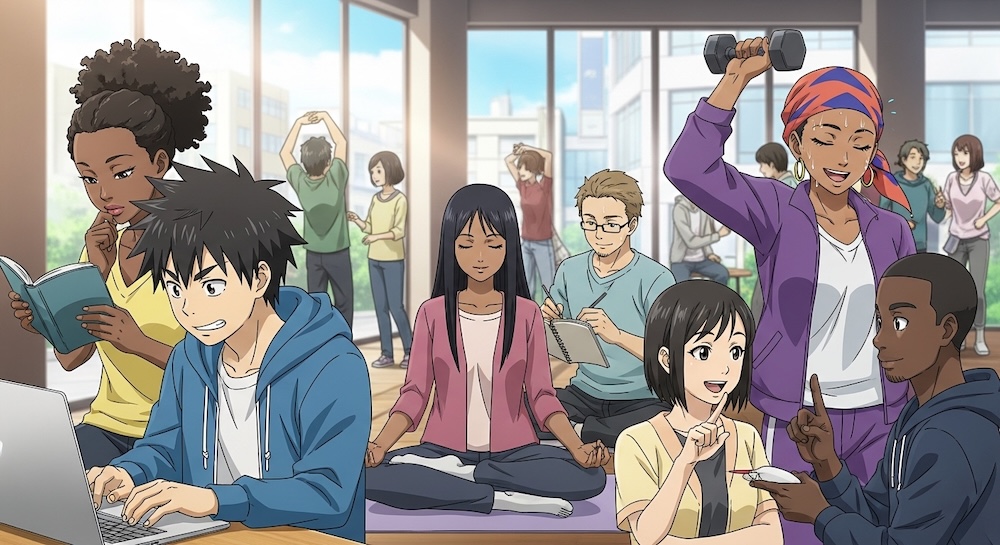Intro

A lot of the problem I have with things I read online is that it feels like the author feels a need to show that they know what they’re talking about. Even when they don’t really.
This is totally just a human thing.
But I think it’s really good to remember that it’s not just okay, but rather a good thing sometimes to not know what you’re talking about. It’s also a really good thing to be sincere.
On the other hand – words without substance reach nobody.
There’s a really good podcast I was listening to today about this subject that I highly recommend. Tim Ferris Show, interview with Brené Brown.
There’s a balance. And I imagine you only get there by being sincere and wanting to know more. And that comes through searching for what you don’t know.
About balance – I thought I would talk about this for a bit, considering all of our lifestyles around the world have suddenly had to change, to varying degrees completely readjust to deal with the pandemic.
With Start-ups?

The distinction between stability and stagnation, between risk taking and conservative decision-making, is probably more relevant to start-up companies than anything else, given their short life span.
In the end, it might seem like the start-ups that succeed are those that, through happenstance or favorable conditions, made the right decisions for the right time. But the ability to distinguish what is right, what risks one can and should take, are abilities that can be developed.
This is like the untrained spectator watching poker or high level backgammon and imagining it to be a game of chance; when really, those performing know it to be much more.
I’ve found this aspect of business and the booming start-up company culture to be just… fascinating.
The Ones Who Didn’t Make It

I mentioned this in a blog post a long time ago,
but there’s this great resource out there called Failory.
It talks about different start-ups that have failed, and how and why they met their varied demises. A quick glance at the website now brings up, at my first click, an interview with some Robert Walker, who was running the now failed dating app for geeks Cuddli. Other pages are not interview style but just type-ups of info on why the company went the way it did.
If nothing else, the site’s very existence might remind you of the importance of learning from failures, not only trying to emulate previous successes (especially success which you had no part in, and thus have no grasp on the processes involved).
As someone who has spent several years of his professional life teaching, and also who has taught himself a second language to fluency (after failing at this with two other languages), I can attest to how the best teacher is failure. In a lot of ways, trying to fail is the best path towards succeeding.
On A Personal Level
We’re all stuck at home. Crazy things are going on in the world, no matter what side you’re on, what country you’re in, things are kind of crazy. And amidst that, we are hit with a pandemic, situations we have never had to deal with before.
As someone who’s been meditating and into buddhist philosophy for almost a decade now, the thought that everyone would somehow have to get used to staying at home and give up their usual pleasures and stimulations.. I kind of laughed and was excited for it.
Now, to be completely honest, I’m rueing it.
Regardless of my personal situation, times like these require the right balance of movement (you know, emotional stuff, momentum, that kind of thing) and acceptance.
So I guess the words I’d have for all you now are the words I have for myself.
Take the time to reflect on what you need as a person. Then consider the environment you have, and think about what you need to do every day to feel like you’re moving forward. And do that every day.
Nothing is forever, and there is always sunshine after the rain clears.
The most beautiful sun shines after a storm.








